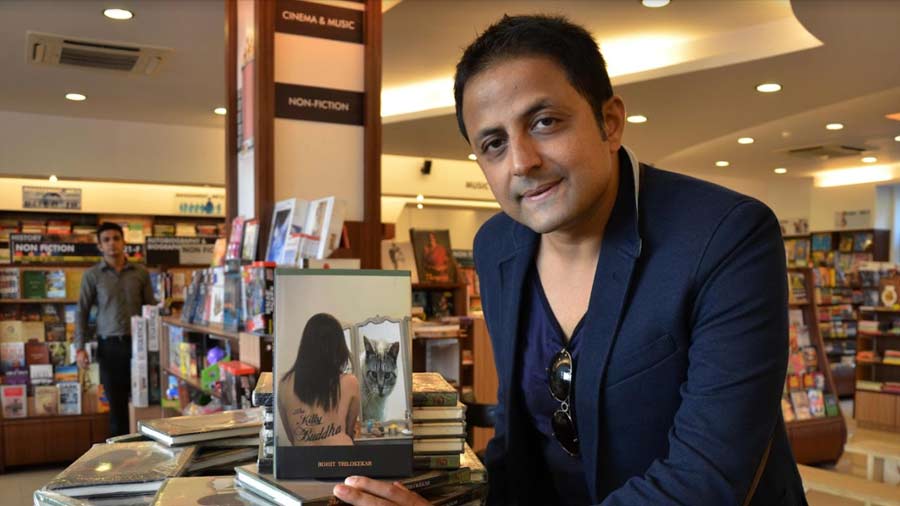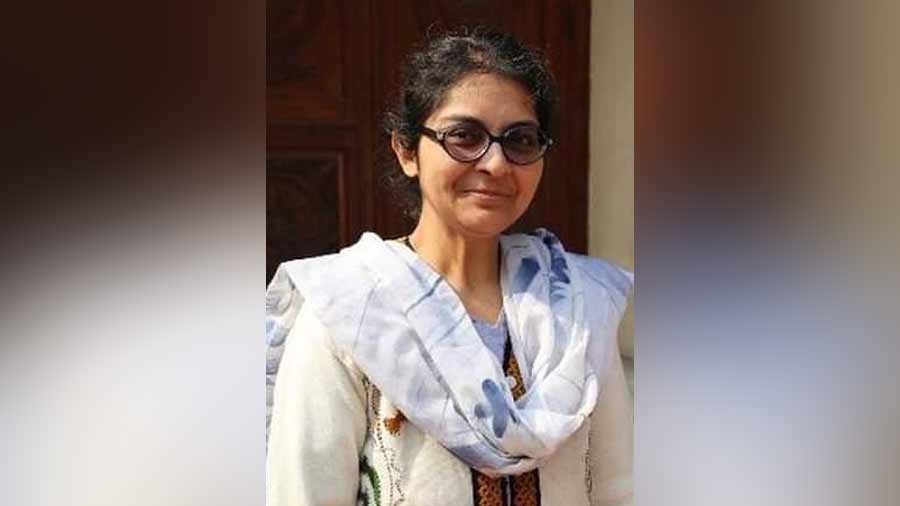“I don’t conform for the sake of it. I like to stick to my guns,” says Rohit Trilokekar, a novelist based in Mumbai, who has carved out a niche for himself in the contemporary scene of Indian writing in English. Though his novels primarily deal with animals and may be described by the reductionist reader as quirky, through them Rohit has raised questions that all good literature does. Questions around the problems of life and living and how one negotiates their way around them.
My Kolkata caught up with Rohit to get a deeper understanding of his motivation behind writing, his existential philosophy, his Kolkata connection and more.
Edited excerpts from a conversation connecting a scorching afternoon in Kolkata and a slightly more relenting one in Mumbai follow.
Eden Gardens… mishti doi… Santiniketan
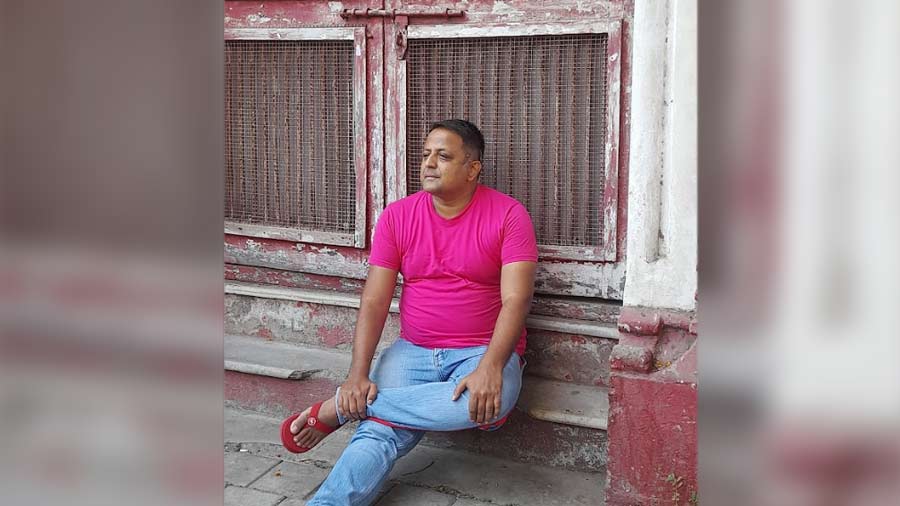
Rohit is looking forward to visiting Eden Gardens and trying out mishit doi the next time he comes to Kolkata Courtesy: Rohit Trilokekar
My Kolkata: Tell us about your connection to Kolkata. What are the things you want to do the next time you are here?
Rohit Trilokekar: The word Kolkata has always tugged at my heartstrings. Primarily because it’s such a great literary hub with so many literary stalwarts. My father was born here and spent the first three years of his life in the city, in the Dhakuria Lake area. My grandfather was posted in Kolkata and my grandmother was the president of the Marathi Mandal. So, in a way, I feel I belong to Kolkata and I long to return.
The place I’d love to visit the most in Kolkata is Eden Gardens, where Rohit Sharma got the second of his two ODI double centuries. I want to try out the Kolkata sweets, especially the mishti doi. And I have plans of heading down to Santiniketan, to be surrounded by the energy of Rabindranath Tagore and bask in the serenity of the place.
In Mumbai, they assume you’re a writer of web series, not books!

Mumbai is becoming too urban too fast, feels Rohit TT archives
Describe life in Mumbai as a writer. What do you look forward to the most and what do you hate?
Mumbai is a very fast-paced and cosmopolitan city. You’ve got people from all walks of life, but if you introduce yourself as a writer, they assume you’re a writer of web series, not books! Having said that, in the long run, Mumbai is an accepting city. It’s the kind of city that’ll lend you a hand when you take a fall and help you get up. Where I stay in Khar, a suburb near Bandra, it’s peaceful and quiet, so I enjoy living and writing here.
The one thing I hate about Mumbai is the lack of open spaces and the lack of greenery. I think there are way too many high-rises.
Marketing helped me become a better writer by making me more disciplined

Marketing made him more disciplined as a writer, explains Rohit Courtesy: Rohit Trilokekar
You worked in marketing for multinational companies for more than a decade before switching to writing full time. What made you do that?
When I quit my job in marketing in 2011 (at the age of 36), I was actually in a very happy space. Most people quit their jobs because they aren’t happy. That wasn’t the case with me. I wasn’t dissatisfied, but I felt as if I wasn’t fulfilled. I was searching for a sense of meaning, a sense of purpose. A lot of people were sceptical of my decision to give up a cushy job and plunge myself into writing. But deep down, I felt writing was my calling, it was what I was supposed to do. I remember during my MBA days, I would lie down on the field adjoining our campus and write poetry. So writing is something that’s always been a part of me.
At the same time, marketing helped me become a better writer by making me more disciplined. When I worked in marketing, I’d get up at a certain time and sit down to work a certain time. I do the same today, although I now work (write) on holidays, too! Through marketing, I also got to interact with a lot of people and observe their intricacies and eccentricities of behaviour, all of which helped me subconsciously as a writer.
'The Little Prince' to 'Zen and the Art of Motorcycle Maintenance'
Who were the formative influences on your writing? Who are some of the contemporary writers you look up to?
In terms of content, Antoine de Saint-Exupery, the author of The Little Prince, has been the biggest influence. The Little Prince has had a deep impact on me, it set me on the path of existential thinking. In terms of form, I love how Siddharth Dhanvant Shanghvi writes. I wish I could write like him. His dexterity with words is beautiful. I also admire the writings of Salman Rushdie, who I had the pleasure of meeting, as well as Siddhartha Mukherjee, who is one of the most intelligent minds around. Recently, I’ve been rereading the works of Robert M. Pirsig, whose books Lila and Zen and the Art of Motorcycle Maintenance I’d strongly recommend.
Where does the inside end and the outside begin? Find out from Polly and Fluffy
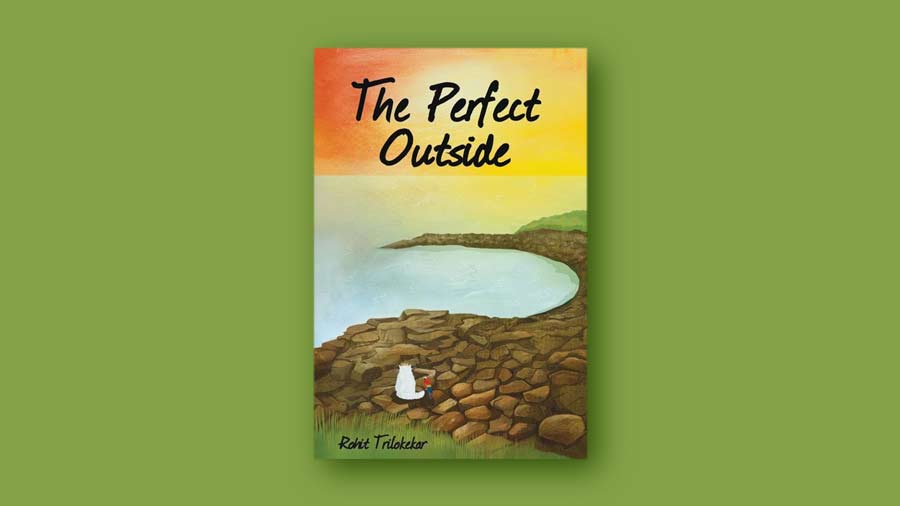
Space and the identities they create characterise the conflict in ‘The Perfect Outside’
Your latest novel, The Perfect Outside, exemplifies the conflict between “the inside” and “the outside” through the characters of Polly, a caged green parrot, and Fluffy, a mop white Persian cat. Can you explain what you mean by this conflict and why you chose these two creatures to represent them?
The Perfect Outside began as an exploration of physical spaces. Imagine someone being stuck at home for an inordinate period of time after which they decide to go to a garden or a coffee shop. In doing so, are they really going outside? Or are they getting bound within a new set of walls? Where does the inside end and the outside begin? This is the main question the novel raises, where Polly is a caged parrot who is desperate to see the outside, but once she does, she doesn’t feel the sense of freedom she had anticipated. On the other hand, Fluffy is a domestic cat, the embodiment of the inside world. Both these characters have their identities defined by the space they occupy, which is what forms the conflict in the novel.
As for why I chose the creatures I did, it’s quite simple. One of the triggers for the novel came about while I was watching a parrot on a branch and that’s when the concept of the caged parrot venturing into the wild struck me. The choice of the cat was down to my fondness for cats and also the fact that house cats love the inside.
The core tenet of existentialism is finding out for yourself what gives your life meaning
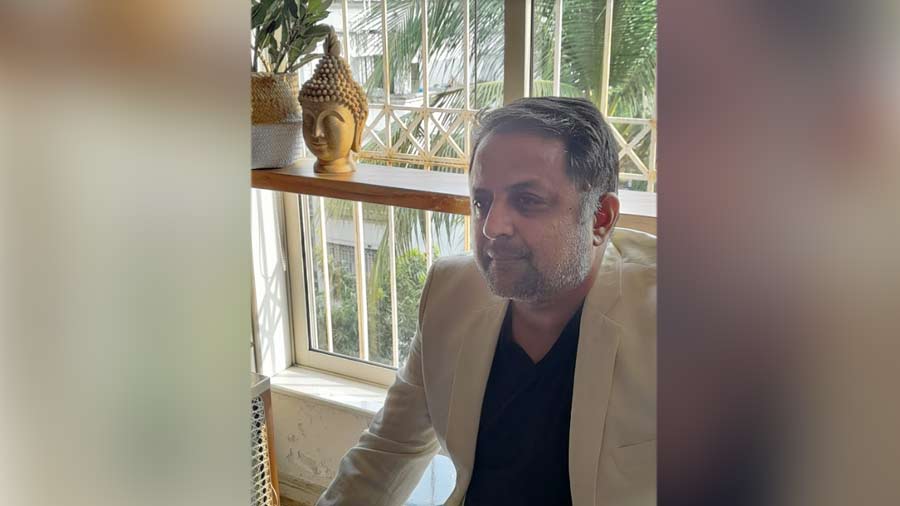
The power to create one’s own happiness is an essential part of existentialism, argues Rohit Courtesy: Rohit Trilokekar
The Perfect Outside is a journey into existentialism for its protagonists. How do you envision existentialism as a writer in today’s times?
For me, the core tenet of existentialism is finding out for yourself what gives your life meaning, irrespective of what other people think. For instance, if you see a picture of a friend in the Maldives on Instagram and decide to travel there, you’re letting yourself be defined by other people’s choices. There comes a moment when you realise that conforming to society can’t and shouldn’t define your happiness. It’s when you realise that you alone have the power to create your own happiness, to create your own world, that you truly set yourself free. That’s what existentialism is all about.
Cats, to me, have always had a Buddha-like quality
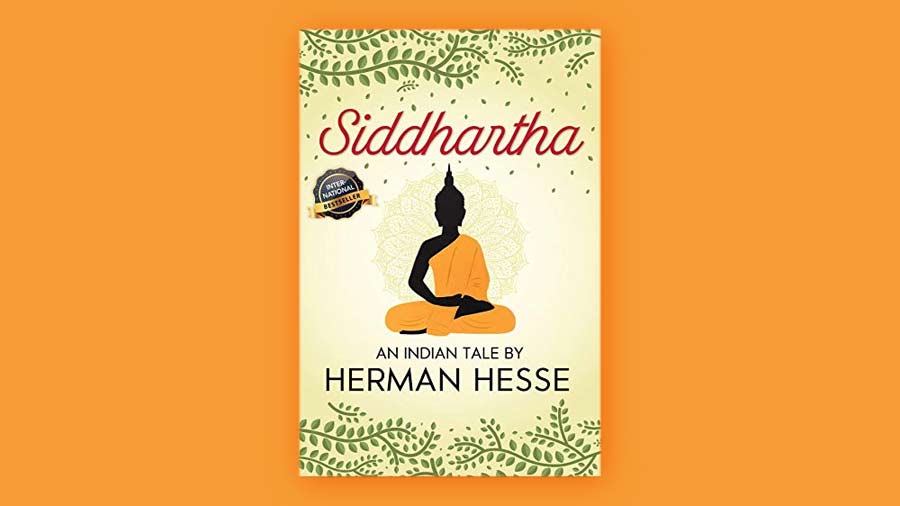
Hermann Hesse’s ‘Siddhartha’ was pivotal in helping Rohit conceptualise his first book
The existentialist theme is also evident in your first novel, The Kitty Buddha, where a well-groomed cat undergoes a similar journey to that of Prince Siddhartha, who went on to become the Buddha. What drew you into writing about existentialism and how did you get the idea of having a cat emulate Siddhartha?
In many ways, Hermann Hesse’s excellent book Siddhartha, where the protagonist undertakes his own search for meaning, was an inspiration behind the existential conception of The Kitty Buddha. I chose a cat to parallel the journey of Siddhartha because I saw the cat as a stand-in or spirit animal for the writer. Moreover, cats, to me, have always had a Buddha-like quality in their sense of poise.
If you present the truth as it is, people don’t get it
Do you feel that philosophy becomes more accessible when told through the stories of animals? Do you see yourself as a writer in the fable tradition?
I don’t see myself as a fable writer even though my second novel can be seen as one. I wrote the second one specifically with my son in mind, since the first one was too much of an adult book for him to be able to read it.
But I agree that philosophy becomes easier to understand when conveyed through animals. This is especially the case for sensitive topics, where animals can get away with a lot more than human characters, perhaps because the relatability for the readers is less and so the focus on the message is more. There are times when you need to present ideas to people in a roundabout fashion. If you present the truth as it is, people don’t get it. That’s why I prefer a tangential approach to the truth, or what I understand to be the truth.
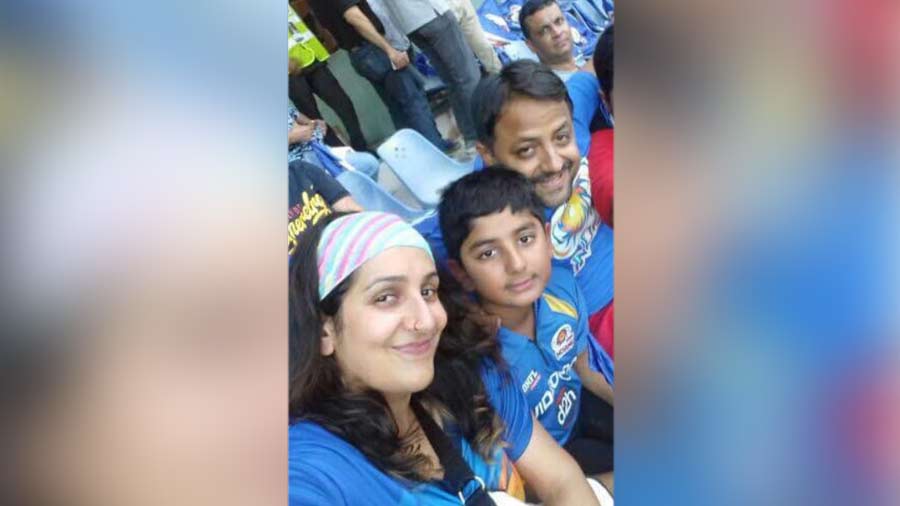
Rohit with his son Arav at the Wankhede Stadium Courtesy: Rohit Trilokekar
Did marriage and fatherhood change you as a writer?
You could say that I was tamed by marriage, in that my thoughts were domesticated. Previously, they used to go anywhere and everywhere, but marriage made me a more systematic thinker. As for fatherhood, I feel that the responsibility of being a father has made me more aware and responsible as a writer.
I love and worship the Mumbai Indians… I’m a huge fan of Rohit Sharma
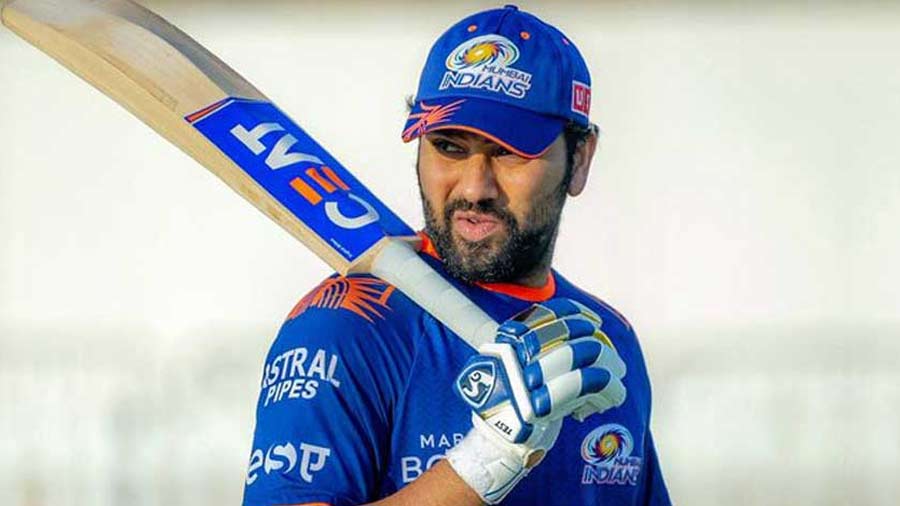
Rohit is a huge fan of his cricketing namesake TT archives
You also happen to be a big sports fan. Which are your favourite sports and teams and players?
I play a bit of sports myself, especially this new sport called pickleball, which is a combination of tennis and table tennis. When it comes to watching, cricket is my kind of sport. I love and worship the Mumbai Indians, my affection for them is perhaps stronger than my affection for the Indian team. My son Arav and I regularly watch IPL games at the Wankhede Stadium and I’m a huge fan of Rohit Sharma. I think his composure and humility make him a great leader. I also watch football, but mostly during the World Cup, where Germany is my favourite team.
Where do you see yourself in five years’ time? All I want to do in the time to come is to add value to the lives of my readers. I definitely want to explore more genres and themes and settings. My next novel is going to be partly set in the small town of Udvada in Gujarat, which is the holiest of places for the Parsis. It’s going to have an existential undertone but also have a touch of mystery. It’s also going to be my first novel focused on humans, so I’m really looking forward to it.
